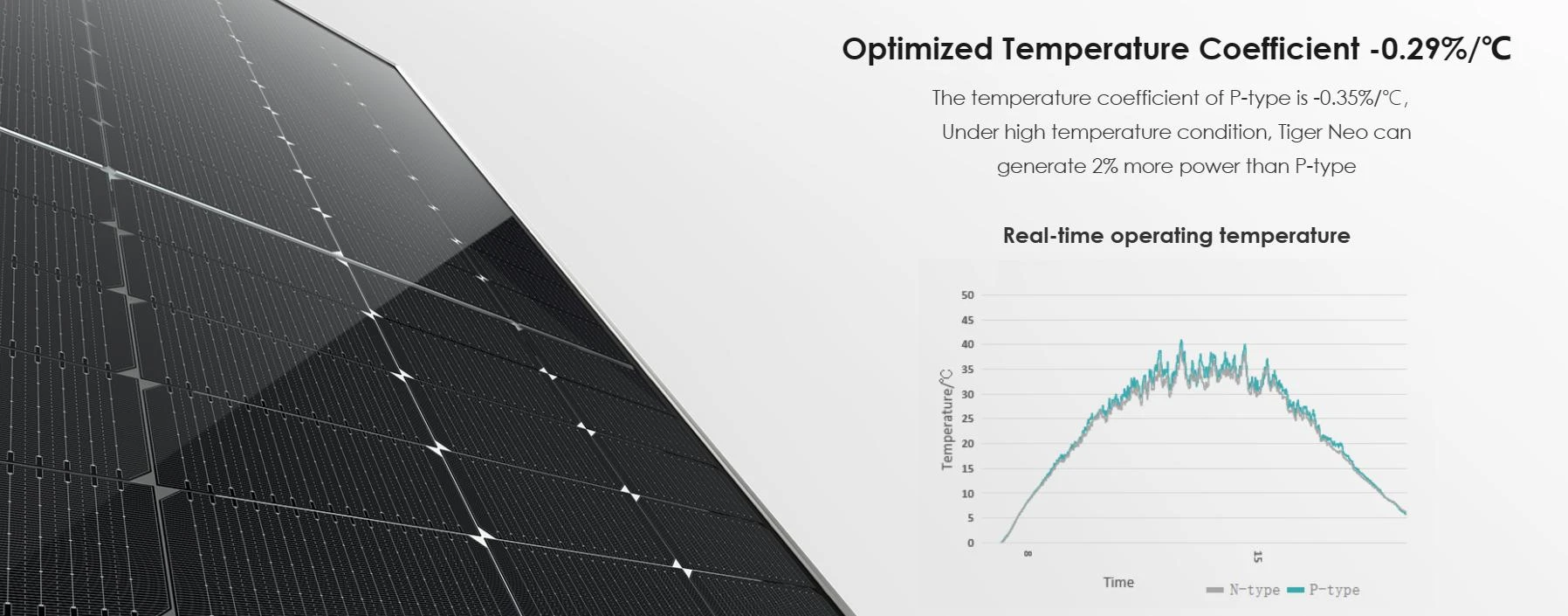home solar panel system
The Benefits of Home Solar Panel Systems
In recent years, the popularity of home solar panel systems has soared, driven by the growing awareness of the need for renewable energy sources and the desire to reduce electricity bills. This shift towards solar energy is not only environmentally friendly but also presents homeowners with a myriad of economic advantages. In this article, we will explore the benefits of installing a solar panel system in your home, touching on aspects such as cost savings, environmental impact, and energy independence.
Cost Savings
One of the most compelling reasons to invest in a home solar panel system is the potential for significant cost savings on electricity bills. By harnessing solar energy, homeowners can reduce their reliance on grid electricity, which can be particularly beneficial in areas where electricity rates are high. Depending on the size of the solar system and local energy prices, homeowners can achieve savings of 50% or more on their monthly utility bills.
Moreover, many governments offer financial incentives for solar panel installation, including tax credits, rebates, and grants. These incentives can dramatically reduce the initial cost of purchasing and installing solar panels, making it a more accessible investment for many households. Over time, the savings achieved through reduced energy costs can lead to a return on investment that may exceed 20% in some cases.
Environmental Impact
Another significant advantage of solar panel systems is their positive impact on the environment. Traditional energy sources, such as coal, oil, and natural gas, contribute to air and water pollution and are major contributors to climate change. In contrast, solar energy is clean and renewable, producing no greenhouse gas emissions during operation.
By switching to solar energy, homeowners can significantly reduce their carbon footprint. The average residential solar panel system can offset several tons of carbon dioxide emissions each year, which is comparable to planting dozens of trees. This reduction in carbon emissions is crucial for meeting local and global climate goals, making solar energy an essential component in the fight against climate change.
home solar panel system

Energy Independence
Home solar panel systems also offer a pathway to energy independence. By generating their own electricity, homeowners can shield themselves from the volatility of energy prices and supply shortages. This independence is especially valuable during times of crisis or natural disasters when traditional power sources may be compromised.
In addition, with advancements in battery technology, homeowners can store excess solar energy generated during sunny days for use during nighttime or cloudy days. This capability not only maximizes the efficiency of the solar panel system but also provides a reliable source of electricity, enhancing resilience against power outages.
Increased Property Value
Investing in solar panels can also increase a home's market value. Studies have shown that homes equipped with solar energy systems tend to sell for more than similar homes without solar. This is largely due to the allure of lower utility bills for prospective buyers and the growing demand for sustainable living options. Many buyers are now actively seeking homes with solar panels, making it a wise investment that can benefit sellers in the long run.
Conclusion
In conclusion, the adoption of home solar panel systems is a powerful way for individuals to contribute to a more sustainable future while also enjoying financial benefits. From significant cost savings on energy bills to positive environmental impacts and increased property values, the reasons to consider solar energy are compelling. As technology continues to advance and the cost of solar installations decreases, more homeowners are likely to make the switch to solar power. For those still on the fence, now is the perfect time to explore the potential benefits of investing in a home solar panel system and take a step toward a greener, more sustainable lifestyle.
-
String Solar Inverter: The High-Efficiency Solution for Smart Solar EnergyNewsJul.14,2025
-
Revolutionizing Rooftop Energy with the Power of the Micro Solar InverterNewsJul.14,2025
-
Power Independence with Smart Off Grid Solar Inverter SolutionsNewsJul.14,2025
-
On Grid Solar Inverter: Powering the Future with Smart Grid IntegrationNewsJul.14,2025
-
Monocrystalline Solar Panels: High-Efficiency Power for the Future of Clean EnergyNewsJul.14,2025
-
Bifacial Solar Panel: A Smarter Investment for Next-Generation Energy SystemsNewsJul.14,2025







